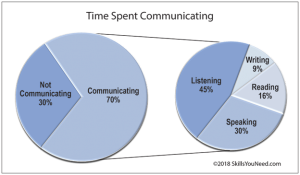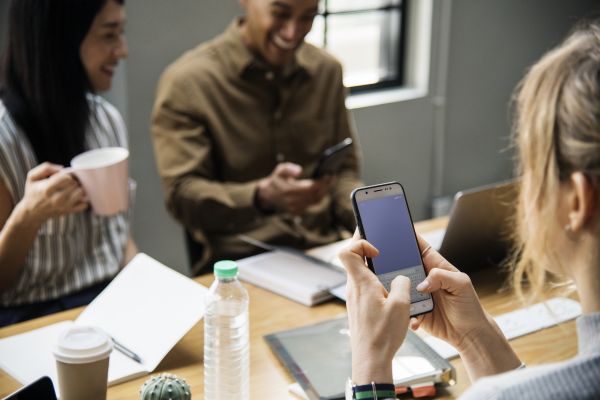
Sculpture by Gustav Vigeland at The Vigeland Installation, Frogner Park, Oslo
Hi, there! In this highly visual world of ours, we are beginning to rely more and more on our eyes. Experts tell us that the eyes are the most important and powerful sense organs to impact our brain. But time and again our eyes may not be witnessing reality and to know and understand fully, we need to use other sense organs as well.
To match our two eyes, we have two ears. We hear quite a lot in a given day but we need to listen attentively to make sense of things around us. We live in a busy, hurried world with no time to listen fully to the voices around us even if we have the inclination to do so. But do you have any idea of how this is harming us?
When we are not listening to somebody, what does it signify? That the message is of no importance to you and by extension the person speaking to you is of no account. This inherent rejection in our non- attention to a person’s voice can not only lead to misunderstanding and the breaking of a relationship but can also bring about inferiority and depression in the recipient of such treatment. It is no wonder that mental health problems are on the rise due to the lack of a listening ear most of the time.
Listening is not just hearing. It is necessary for understanding and thus helps you to respond adequately and communicate better. So why don’t we listen? Because we are distracted by something else, especially our phones or we are focusing on our own selves and are reluctant to concentrate on what is being said. Concentration is a key problem where multi-tasking is the rule and not the exception. But psychologists the world over are coming to the conclusion that in the long run multi-tasking is not beneficial and is even more time consuming. Listening attentively to someone or something can enhance your concentration levels and of course practice makes perfect!
Dr. Rachel Naomi Remen holds that “the most basic and powerful way to connect to another person is to listen. Just listen. Perhaps the most important thing we ever give each other is our attention.” This makes listening a key ingredient of our social interactions and man being a social being, it contributes to the overall well- being of life.

Based on the research of: Adler, R., Rosenfeld, L. and Proctor, R. (2001)
Interplay: the process of interpersonal communicating (8th edn), Fort Worth, TX: Harcourt.
Much time is spent on communicating and the greater part of communication is listening. Since we spend such a long time on this, listening has emerged as a key skill for learners of all ages. As we listen to each other, let us also focus on the non- verbal cues of the speaker to increase and aid complete understanding. The body language of the speaker enables us to make complete sense of the message being conveyed. The tone and pitch of the voice can help you to read in between the lines.
There is no relation between your cognitive abilities, intelligence and listening skill but it is certainly related to one’s emotional intelligence. An ability to understand another person and build healthy relationships is directly proportionate to your ability to listen. Reading is a parallel skill that interacts with your listening skills since while reading you are dealing with the written word but while listening, we are dealing with the spoken word. We can expect a good reader to be a good listener too. In both cases, the mind is actively involved in trying to absorb and process the information presented.
Selective listening and making assumptions as well as trying to formulate a response as the speaker is speaking bars effective listening and should be avoided. Let us listen twice as much as we talk. After all God in His wisdom has provided us with two ears and only one mouth! Avoid misunderstandings by listening well and keep an open mind to receive new ideas and move forward with the changing world around you.
Remember:
Listening is something you do for yourself and others. It benefits everyone.
